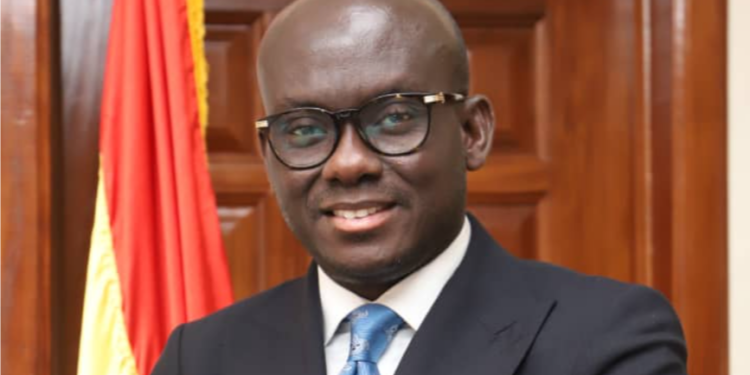The International Arbitration Tribunal in the Eni & Vitol v. Ghana & GNPC arbitration has issued its Final Award.
Positively for Ghana, the Tribunal denied Claimants their monetary damages. The Claimants initially claimed 7 billion dollars, but they subsequently reviewed it to $915 million plus interest by the end of the proceedings.
The Tribunal also dismissed the Claimants’ claims against GNPC in their entirety. In addition, the Tribunal dismissed the Claimants’ request that the Tribunal declare that Ghana breached the Petroleum Agreement by “refusing to withdraw or prevent reliance by third parties on the Unitisation Directives.” The Tribunal also dismissed the Claimant’s request that Ghana notify the High Court, Court of Appeal and Supreme Court of Ghana that the Unitisation Directives were issued in breach of the Petroleum Agreement.
The Tribunal, however, found that “in the circumstances in which they were issued,” the Unitisation Directives breached the Petroleum Agreement. That is, the unitisation was contrary to the applicable regulations and thereby breached Article 26(2) of the Petroleum Agreement. Nonetheless, the Tribunal affirmed Ghana’s right to the authority to unitise oil fields to achieve efficient exploitation of the deposits.
Regarding allocation of fees and costs, the Tribunal held that since both Parties had prevailed in some ways, both Parties would be required to pay their own legal fees and costs.
In a reaction to the Award, the Attorney-General and Minister of Justice, Godfred Yeboah Dame, indicated that while he would have wished the Tribunal to dismiss the Claimants’ claims against the Republic in its entirety, he is pleased to note that the Tribunal rejected partly the claims against Ghana, and entirely the claims against GNPC.
He is also delighted by the complete dismissal of all claims for monetary compensation made by ENI/Vitol against Ghana, thus saving Ghana significant financial obligation. He is also pleased with the Tribunal’s affirmation of Ghana’s sovereign right to unitise its oil fields.
The Attorney-General added that in the circumstances, the Parties must determine the best way to proceed going forward. Unitisation, in principle, is not unlawful per the Tribunal’s decision. It is the manner and the circumstances in which the same ought to be carried out that the Tribunal found wanting in the current dispute.
The Attorney-General’s Office says it remains resolute in vigorously contesting all international arbitration claims calculated to impose judgment debt on the country.
Recent victories against Beijing Everyway, Cassius Mining, and Messrs Micheletti Company Limited are a testament to this.


